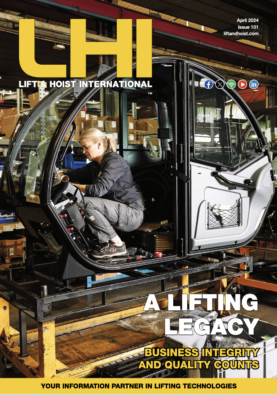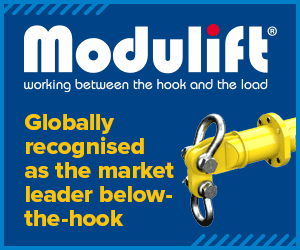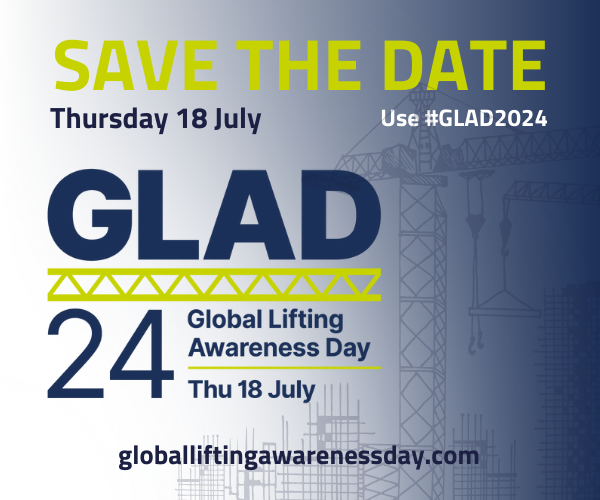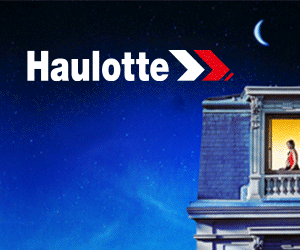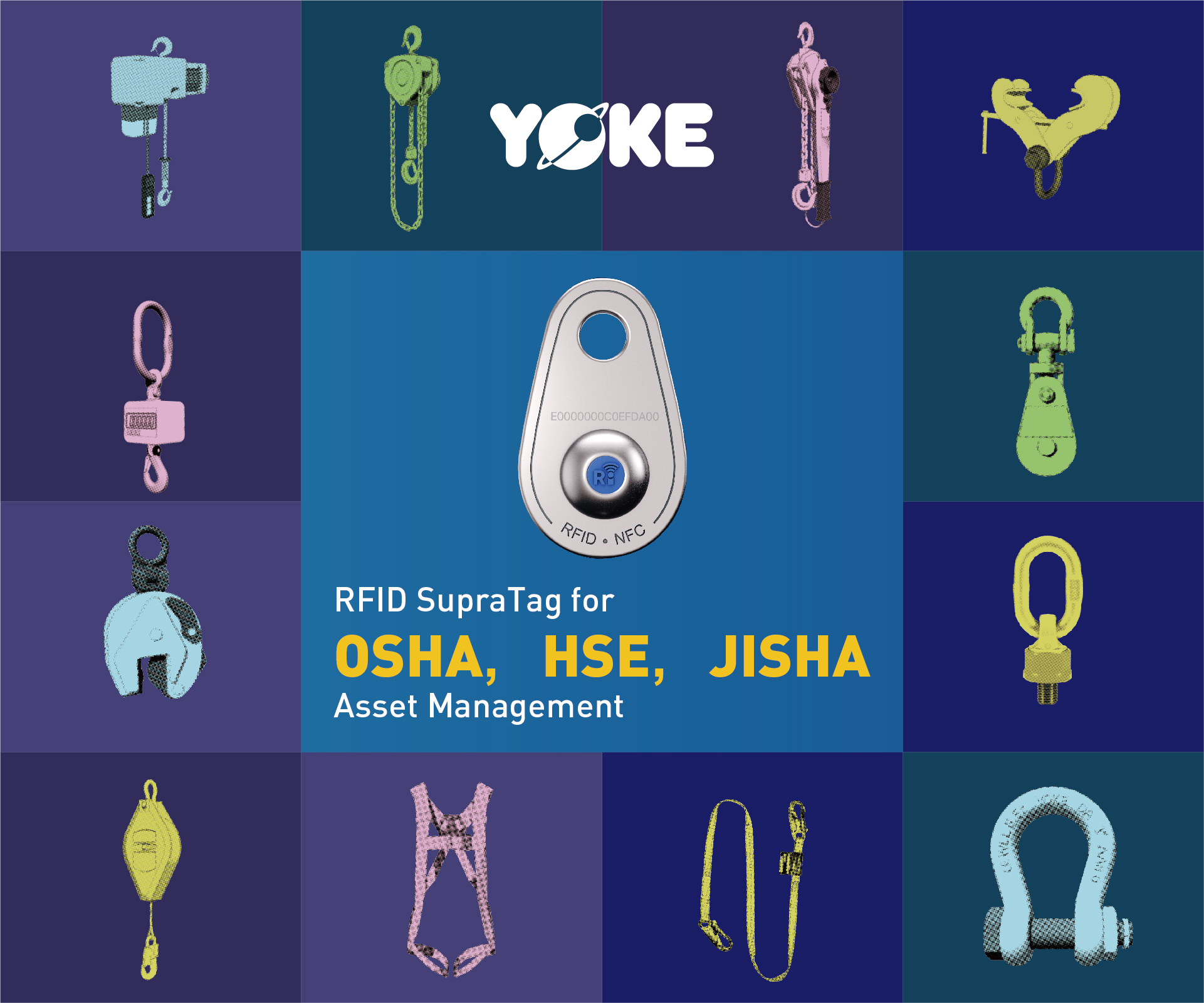)
Embrace the Reset
The world will never be the same again, says David Ayling, managing director at Wheatstone Projects, which might not be a bad thing.
I was embarrassed to check my LinkedIn account the other week to find a number of messages from friends and business associates in China, asking about my welfare as the coronavirus started to hit Northern Europe and the UK, just as it had their part of the world months earlier. Their messages offered equipment, help, motivation or all of the above. It was encouraging to feel such warmth from a country that has been through this – and beaten it.
I was red-faced, though, because when I first heard of the COVID-19 outbreak, it was in reference to an illness isolated to China. It’s like the flu, people said. I’ll be honest, I, like many others in our part of the world, thought it was ‘their problem’, a local disease that’ll eventually be stamped out. It probably won’t make it out of the country, I thought (hoped). Never once did I think to send a similar message to that which my Chinese friends sent me to ask how they were coping. Nor did I reach out and enquire as to how they managed to get businesses back up and running again so quickly as, at the time of writing, our lockdown seems to have no ending in sight. How ignorant I felt to be scrolling through these messages; it led to a great deal of self-analysis.
I should have known better, given that I’d spent the best part of five weeks in the Far East at the turn of the year on what has become something of an annual trip. By the end of February, I’d taken 12 flights during that period of time, visiting China, Korea, Japan and other hotbeds in the region. It was encouraging to find business booming and everyone in high spirits. I’ve thought about this trip a lot since returning home, and even more having received such heart-warming correspondence from people that call these fabulous countries (China, particularly) home.
To travel to so many places, board all those planes, check-in to such a variety of hotels, eat in a different restaurant every night, and raise a glass with friends of all creeds, colours and nationalities, feels like some utopian myth right now. It wasn’t that long ago but it’s like talking about a different world. How we took it for granted. Every airport I visited, plane I sat on, and hotel lobby I crossed; I was one of many other people doing the same thing. We’ve all been grounded. The world has been taken prisoner by a virus we initially underestimated. And that’s just those fortunate enough not to be poorly—or deceased (let’s not beat about the bush).
Coronavirus is inescapably monstrous.
Chinese takeaway
Encouragingly, however, my Chinese connections talk of normality returning. It was tough for a while (as much of the rest of the world is now finding out) but they were patient with restrictions placed on their movement and eventually a light at the end of the tunnel started to emerge. They’ve already strode into the new world that we’ll all find ourselves in one day soon. It’ll no doubt feel very different, but I’m optimistic about the positives we’ll find there – once we’ve waded through the economic treacle, we’ll inevitably step into first. Don’t wear your best shoes on the day we do get the all clear signal.
In a world that was smaller than ever, yet more fragmented than ever, we had become very insular. Perhaps the Brexit saga (at least that’s out of the headlines) was indicative of that. Coronavirus has proven how insignificant borders are. It’s indiscriminate too; in the UK the Prime Minister and Prince Charles have suffered from the illness (the former even hospitalised). Maybe not the routes to all evil, but power, wealth and borders have been the cause of much suffering in the world for too long. If we can take something from this monumental reset, it’s that we’d be foolish to continue to put so much emphasis on what’s actually insignificant. We’re fighting a pandemic together so why can’t we tackle more collective problems as one world?
I hope other positives endure too. Take medical research and hygiene, for example. And then there’s the time we’ve all been forced to spend with- and without – our families. I’m hearing about households that are sitting down to dinner together for the first time in years. Some young children must have thought a family meal was something reserved for Sundays or special occasions. Now families are planting seeds in the garden, baking desserts and breaking bread. That’s got to be a better way of life than eating separately on the run just to keep enough calories inside a person so they can keep up with a ridiculously busy schedule. I’m FaceTiming my mum every day, which is something I wouldn’t have done before the reboot. Ok, accepting my 50th birthday card from my parents remotely was tough, but never before have I been more grateful for what I have – versus haven’t – got.
Stronger apart
As the former owner of Straightpoint, a load cell manufacturer, I’ve been asked a lot about my predictions for the economic future. I’m flattered but I don’t have a crystal ball. Anyone who can speak with certainty about the outlook is lying; this is truly unprecedented in terms of the impact, the measures, and the recovery. But I am confident in saying that it helps that we’re all in the same boat. If this dreadful virus was reserved for one quarter of the population, I’d fear for it, but we take strength from our numbers as we help each other out of this.
Sensible companies will use the recess wisely. It’s a great time to invest time in research and development projects that may have otherwise been put on hold or been poorly resourced. There’s no better time to get the engineers together (via video conference, of course) and improve a product or devise a solution. One can argue that this work should go ahead regardless—and that’s true—but never before have we been presented with more time to devote to such dealings. I’d encourage businesses to find an advantage now that can be leveraged when the economy eventually allows. And it will. That mindset will get us moving forward sooner and faster.
First, we must be patient. We saw in Singapore how the virus can be imported to a region and we must guard against breaking the shackles too soon. A second wave of Coronavirus could be disastrous. Imagine the consequences in some of the hardest hit places in Italy, Spain and New York City. Now isn’t the time to rush onto a plane at the first opportunity. In fact, our attitudes to business travel might never be the same again. I hope to belatedly celebrate my half-a-century on a Spanish beach and visit my friends in the Far East, but for now we’re safer at home. When I do dust off my passport I won’t ever again take for granted the freedom and privileges it gives me.
David Ayling is now managing director at Wheatstone Projects, a consultancy specialising in product innovation, marketing, sales and development of global distribution networks.


